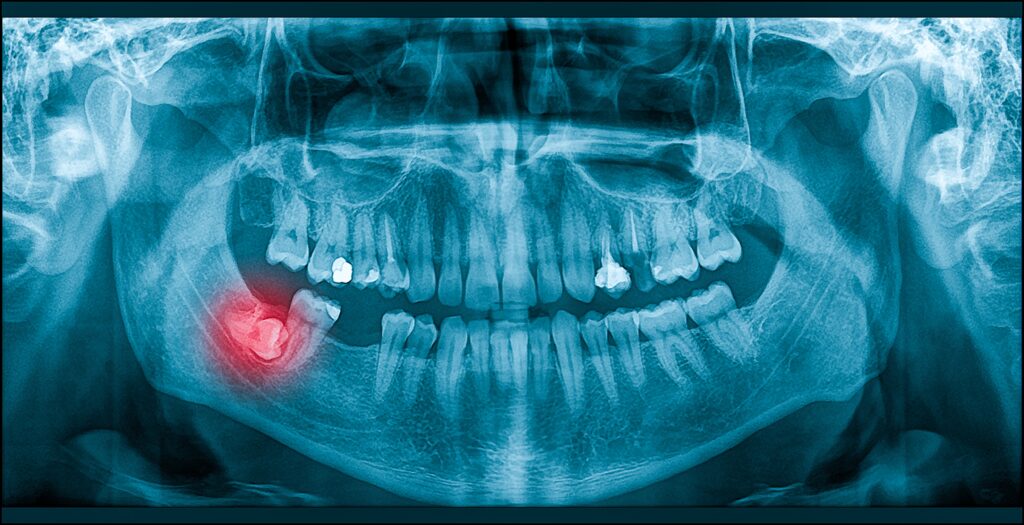Wisdom teeth are the last set of molars to emerge in the back of the mouth. While they can serve a functional purpose in chewing and grinding food, they often present unique challenges that require attention and care. So the question is, do we still need wisdom teeth?
Let’s explore everything you need to know about your third molars, from their historical significance to modern-day management and removal options.
A Brief History of Third Molars
Wisdom teeth have a long evolutionary history, dating back to our early ancestors who relied on a diet of coarse, rough foods that required extensive chewing.
These extra molars provided an additional surface area for grinding and processing food effectively. However, as human diets evolved and became softer over time, the need for wisdom teeth diminished.
Do We Still Need Wisdom Teeth?
In modern times, wisdom teeth are often considered vestigial structures, meaning they serve little to no functional purpose in the human mouth. Additionally, many individuals experience issues such as overcrowding, impaction, and misalignment due to the limited space available in the jaw. As a result, wisdom teeth may contribute to oral health problems and discomfort, prompting the need for evaluation and potential removal.
Wisdom Teeth and Pain
One of the most common reasons for seeking dental intervention related to wisdom teeth is pain or discomfort. When wisdom teeth become impacted or fail to erupt properly, they can cause a range of issues, including:
– Jaw pain and stiffness
– Swelling and inflammation of the gums
– Difficulty opening the mouth
– Chronic headaches or earaches
– Infections or abscesses around the affected teeth
If you experience persistent or severe pain associated with your wisdom teeth, it’s essential to seek prompt evaluation and treatment from your dentist.
The Wisdom Tooth Removal Process
For many individuals, wisdom teeth removal is a common dental procedure recommended to address issues such as impaction, overcrowding, or infection. The removal process typically involves the following steps:
- Initial evaluation:
Your dentist will conduct a thorough examination, including dental X-rays, to assess the position, alignment, and condition of your wisdom teeth. - Treatment planning:
Based on the evaluation findings, your dentist will develop a personalised treatment plan tailored to your specific needs and concerns. - Extraction procedure:
Wisdom teeth removal is performed under local anesthesia to ensure your comfort and to minimise pain. Depending on the complexity of the case, the procedure may involve simple extraction or surgical intervention. - Recovery and follow-up:
After the extraction, you will receive post-operative instructions to promote healing and minimise discomfort. You may be required to attend follow-up appointments to monitor your recovery and address any concerns.
The Truth About Wisdom Teeth
Wisdom teeth can present unique challenges and potential complications that require attention and care. If you’re experiencing pain, discomfort, or other issues related to your wisdom teeth, don’t hesitate to seek evaluation and treatment from the team at Epsom Dental.
Our experienced team is dedicated to providing patients with comprehensive care and personalised solutions for wisdom teeth management and removal. Contact us today to schedule an appointment and take the first step toward a healthier, pain-free smile.

